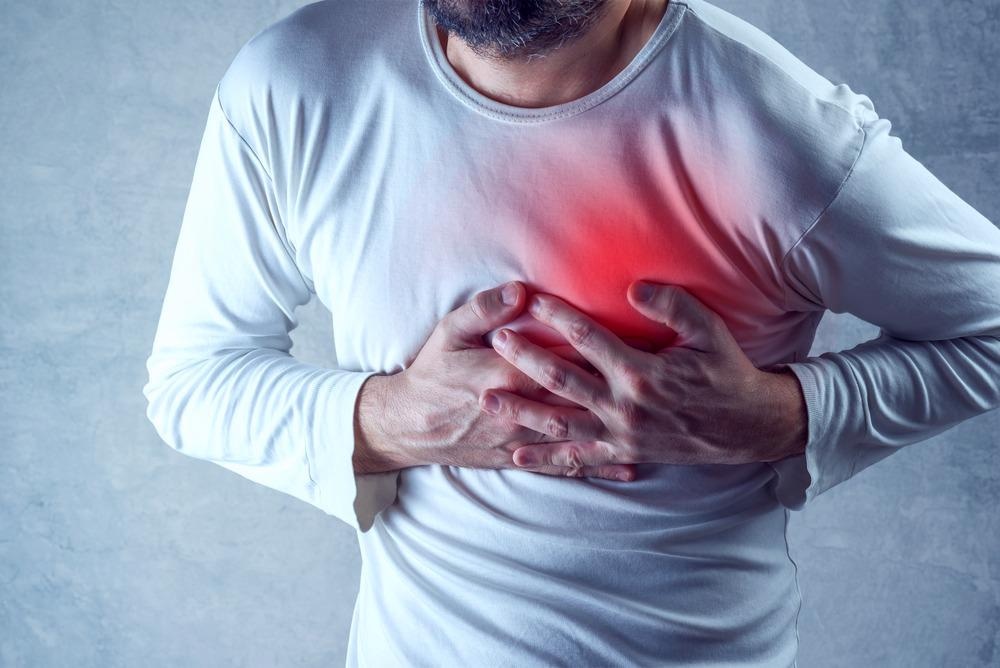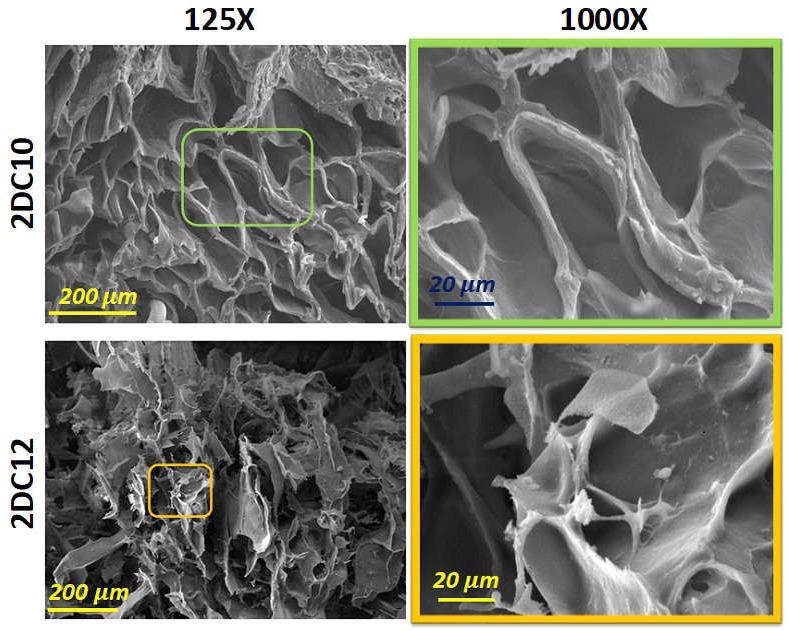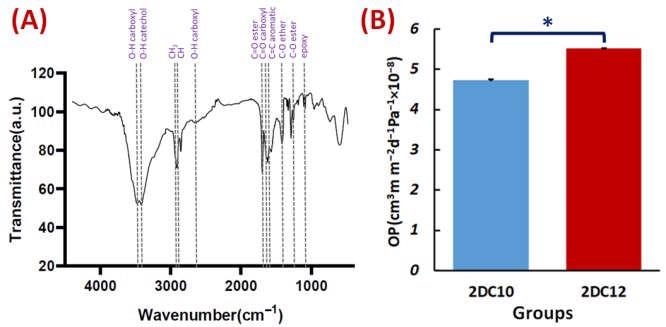The field of cardiac tissue regeneration has recently introduced a promising therapeutic method through the use of bone marrow-derived mesenchymal stem cells (MSCs), new research published in gels finds.

Study: Development of an Injectable Shear-Thinning Nanocomposite Hydrogel for Cardiac Tissue Engineering. Image Credit: Bits And Splits/Shutterstock.com
The study consists of an innovative stem cell delivery carrier involving the development of an injectable and shear-thinning nanocomposite hydrogel for MSC delivery for the treatment of cardiovascular diseases.
The Importance of Cardiac Tissue Engineering
Cardiovascular disease (CVD) is the lead cause of mortality worldwide, with the World Health Organization estimating this disease resulting in 17.9 million deaths in 2019, which represents 32% of all global deaths. Additionally, 85% of this mortality rate was ascribed to heart attack and stroke.

Figure 1. Mechanical properties of nanohybrid Alg-CD + Ad-GO hydrogels: (A) compressive modulus (at 80% strain), (B) compressive strength and (C) toughness of DC hydrogels (*: p < 0.05). © Soltani, S., et al (2022)
CVD encompasses a group of disorders pertaining to the heart and blood vessels that include coronary heart disease, peripheral arterial disease, congenital heart disease and rheumatic heart disease.
The current heart failure treatments that are available comprise therapeutic and surgical procedures that could increase lifespan and the quality of life of patients; however, there is still a need for successful therapies for ventricular dysfunctions.
Advancements in this area have included promising approaches such as cellular treatments for ischemic myocardium as well as skeletal myoblasts, embryonic stem cell myocytes, embryonic myocytes and MSCs being used for experimental designs.
The potential of utilizing MSCs is significant due to the ability of these cells to differentiate into cardiomyocytes, illustrating their promise for cardiac cell therapy.
Previous research has evaluated the use of MSCs clinically for the application of cardiac regeneration with the results demonstrating a lack of serious effects.
Still, the challenge of delivery, with only 1% of cells being retained after cells were directly injected into the myocardium, has been an issue that has prevented the progress of this advancing field.
Challenges of MSCs for Cardiac Tissue Engineering
Obstacles from using MSCs have been found to be the optimization of cell injection, dispersion, as well as fattening of cells for therapeutic purposes.
Additionally, the lack of retainment of these cells within the myocardium can also be seen as a significant challenge, preventing the process of tissue engineering.
Poor cell maintenance has been ascribed to critical factors such as irritation, mechanical removal of beating cardiovascular cells and coronary arteries, as well as cell suspension leakage from the injection areas.

Figure 2. SEM micrograph of 2DC10 and 2DC12 hydrogels. © Soltani, S., et al (2022)
Cell death has been noted to occur predominantly after just a few days, illustrating the need for an advanced delivery and stabilization system that would aim to support cell retention and transplant over a longer space of time.
Using Hydrogel-Based Biomaterials
The use of hydrogel-based biomaterials to encapsulate MSCs has gained more popularity when addressing the issues faced by the field of cardiac tissue regeneration.
This is due to the beneficial properties associated with hydrogels, with this material being used to stimulate the physical and chemical properties of the extracellular environment of stem cells.
Along with these properties, hydrogels also have characteristics such as electrical conductance, mechanical stiffness, and elasticity which can significantly impact encapsulated stem cells and their subsequent effect.
The current research aimed to investigate the role of dual-crosslinked alginate (Alg) and graphene oxide (GO) hydrogel for modulating the differentiation of rat MSCs (rMSCs). This hydrogel was generated using guest: host reaction based on alginate-cyclodextrin (Alg-CD) and adamantane-graphene oxide (Ad-GO).
The researchers hypothesized finding a positive effect from the combination of Alg-GO hydrogel and rMSCs, which would stimulate the differentiation of rMSCs into myocytes that can then be used for myocardial ischemia treatment.

Figure 3. Characterisation of Alg-GO hydrogel: (A) FTIR spectrum of Alg-GO (2DC12) hydrogel. (B) The OP properties of 2DC10, and 2DC12 hydrogels (n = 3) (* p < 0.05). © Soltani, S., et al (2022)
Future Outlook
This cardiac tissue regeneration technique focused on in vitro experimentation and established an injectable shear-thinning nanocomposite hydrogel that revealed a porous network with interconnected pores – this resulted in significant oxygen permeability.
Additionally, this research has provided the basis for further advancements in the field of cardiac tissue engineering and regeneration via the use of a unique hydrogel biomaterial that enhanced the differentiation of rMSCs into cardiomyocyte-like cells through an increase in markers such as troponin T and GATA4.
The use of this novel strategy for delivering MSCs into the myocardium and retaining these cells for cardiac tissue engineering and regeneration would be revolutionary for cardiovascular diseases.
With advancements in nanotechnology, developing innovative strategies can only aid in decreasing the burden this disease has on global populations and mortality rates.
Reference
Soltani, S., Emadi, R., Javanmard, S., Kharaziha, M., Rahmati, A., Thakur, V. and Lotfian, S., (2022). Development of an Injectable Shear-Thinning Nanocomposite Hydrogel for Cardiac Tissue Engineering. Gels, 8(2), p.121. Available at: https://www.mdpi.com/2310-2861/8/2/121
Further Reading
Hopkinsmedicine.org. (2022) Coronary Heart Disease. [online] Available at: https://www.hopkinsmedicine.org/health/conditions-and-diseases/coronary-heart-disease
Who.int. (2022) Cardiovascular diseases (CVDs). [online] Available at: https://www.who.int/news-room/fact-sheets/detail/cardiovascular-diseases-(cvds)
Disclaimer: The views expressed here are those of the author expressed in their private capacity and do not necessarily represent the views of AZoM.com Limited T/A AZoNetwork the owner and operator of this website. This disclaimer forms part of the Terms and conditions of use of this website.